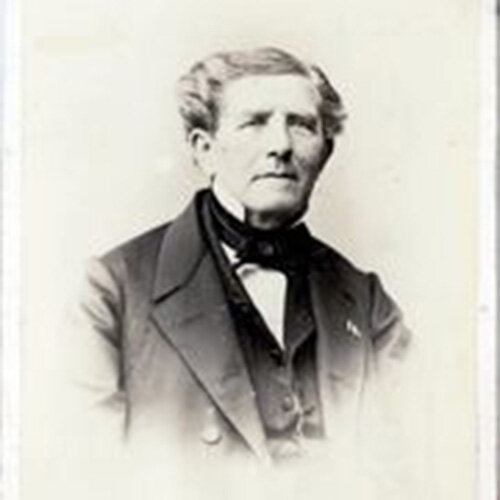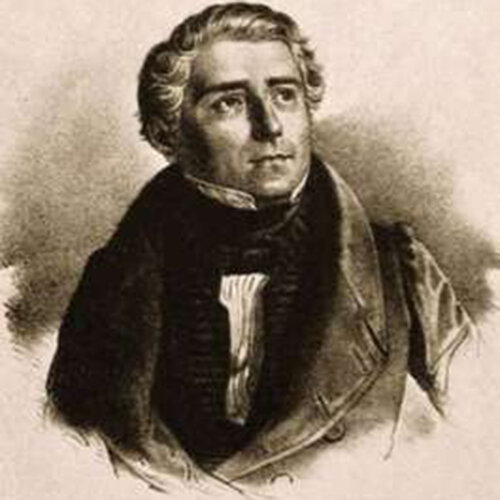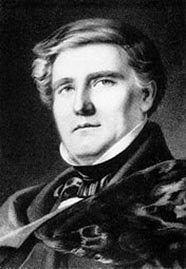
Carl Loewe
Then as now, choral societies not only cultivated music. They were also, in equal measure, concerned about social interactions and making connections in the community. And Loewe made a highly significant personal connection when he met Julie von Jacob, who was an active singer in the Singakademie. Soon they were playing piano duets, which Loewe specifically composed for them.
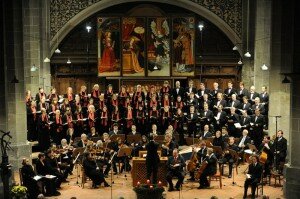
Singakademie Halle 2014
She was the daughter of the arts curator at the University of Halle, who doubled as the founder of a local bank. Professor Ludwig Heinrich von Jakob ferociously cultivated music and the arts at home, and Loewe and Julie frequently featured at these salon concerts. A mutual friend reports, “It was such a pleasure to see the appearance of that young blond man, who performed his ballads written at that time. And in duets with Julie, I have never heard Mozart’s or other duets sung with a warmer expression than with this pair united in the most enthusiastic childhood sweethearts.” As you might well imagine, his love found resonance in a great number of musical settings, including a tender interpretation of the Goethe poem “Ich denke dein” (I think of you.) Once Loewe had secured the organist position at St. Jacob cathedral in Stettin, he married his Julie on 7 September 1821.
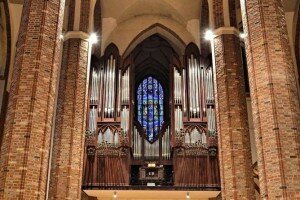
Organ at Szczecin Cathedral
The couple was deliriously happy, and Julie gave birth to their son Julian on 26 February 1823. Tragically, however, Julie essentially died in childbirth on 7 March 1823. Loewe was devastated, and his son had to be raised by relatives. Father and son never managed to develop a proper relationship, and his son never forgave him for marrying one of his students only a couple years after his mother’s death. Julian Loewe went to America and was never heard from again.
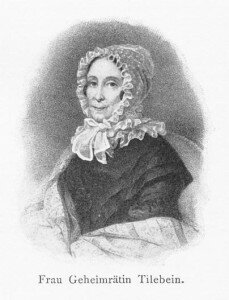
Sophie Auguste Tilebein
Carl Loewe: Die Auferweckung des Lazarus (The Raising of Lazarus) Op. 132

